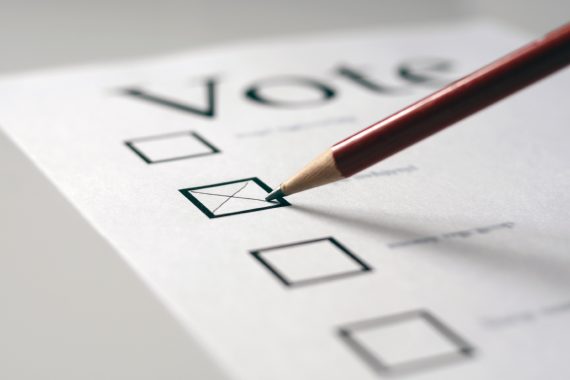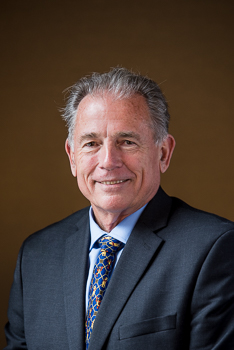
(6-5-17) The president of the board at the National Alliance on Mental Illness sent out an email last week about “small tent” and “big tent” thinking.
Members inside small tents were described as those who want to focus exclusively on serious mental illnesses, defined as schizophrenia, bipolar disorder, and severe and persistent depression (SMIs). Big tent members were described as wanting to expand NAMI beyond SMIs to include autism, ADHD, and eating disorders as listed on the NAMI website.
This argument has been painful for me because I care deeply about NAMI. Because I do, I reject the “small tent” and the “big tent” thinking.
There should be “one tent” with enough seats inside it for different points of view.
Being pragmatic, I realize strongly-held opinions can divide us. But I also believe NAMI can work through whatever dissension exists by accepting five Cs — civility, compromise, consensus, communication and cause. While we may not agree on every issue, our joint “cause” must be working together to help individuals with mental illnesses. There should be no “us” vs. “them.” There should be “we.”
What is NAMI?
To me, the soul of NAMI is not its board or its national staff. They are reflections of NAMI. To me, NAMI is its people.
I have had the privilege of visiting NAMI chapters in every state except Hawaii and Mississippi.
Every local chapter I have visited is concerned about severe mental illnesses, especially individuals who are homeless.
Every local chapter I have visited endorses Crisis Intervention Team training and wants to end the inappropriate arrest and incarceration of individuals with severe mental illnesses.
Every local chapter I have visited wants to end emergency room psychiatric boarding, wants more crisis care beds, and more meaningful community services for the sickest of the sick.







